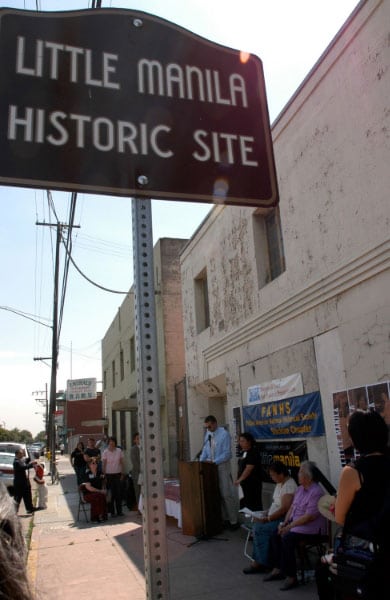
August 29, 2018; CBS Sacramento
Donations are refused by nonprofits for a variety of reasons. Sometimes it is mission-based, or based on political or reputational issues, but there are also times when receiving a particular gift is just not practical. But in this instance, it is the city of Stockton, California, that has determined that they cannot accept a gift of trees to replace ones that died, and it is nonprofits that are trying to craft a workaround.
Nonprofits have been advocating for state California grants to plant trees in low-income neighborhoods, where urban trees are dying. While the median household income for California was $68,000 in 2016, Stockton’s was $49,000. It’s not that Stockton is a wasteland; some blocks do have lush greenery. But areas in the city near the major highway, like Little Manila and Chinatown, were exposed to levels of pollution that killed their trees off. Nonprofit Fathers and Families of San Joaquin’s Sammy Nunez points out, “We have communities and ZIP codes where the toxicity is so high.”
Invested individuals have focused on the health benefits that come from trees on the streets and want the neighborhoods to be more equitable in their distribution. Nunez adds, “It’s not only the benefits of the trees that are aesthetically pleasing, but also the quality of the trees is very important to the health and longevity of the community.”
Dillon Delvo with the nonprofit Little Manila Rising hoped to combat heat wells and heal certain areas of poverty with 100 free trees through CAL FIRE, a state-run grant program. CAL FIRE’s Urban and Community Forestry Program accepted 23 grant applications this year, which put 26,000 urban trees in the ground all over the state. The awards were $17.5 million.
Sign up for our free newsletters
Subscribe to NPQ's newsletters to have our top stories delivered directly to your inbox.
By signing up, you agree to our privacy policy and terms of use, and to receive messages from NPQ and our partners.
Stockton spokesperson Connie Cochran, however, says there aren’t enough resources to maintain the trees they have already. “We’re just not able to accept that generous donation,” she says. “It sounds great they’re free, but unfortunately, as trees mature is when the cost increases, and we already have tens of thousands of trees that we don’t have sufficient funds to take care of. This would just add to an already existing problem.”
Stockton lists 98,000 existing trees and has a five-member crew to maintain them.
“We’re extremely heartbroken that the city wouldn’t want to partner with us,” Delvo says.
In light of the refusal of free trees, the nonprofits are doing what nonprofits do—looking for another avenue to get the trees out there, working with businesses and property owners to take trees. Perhaps looking for funding for maintenance might help, too.—Marian Conway













